SUMMARY
This is AI generated summarization, which may have errors. For context, always refer to the full article.
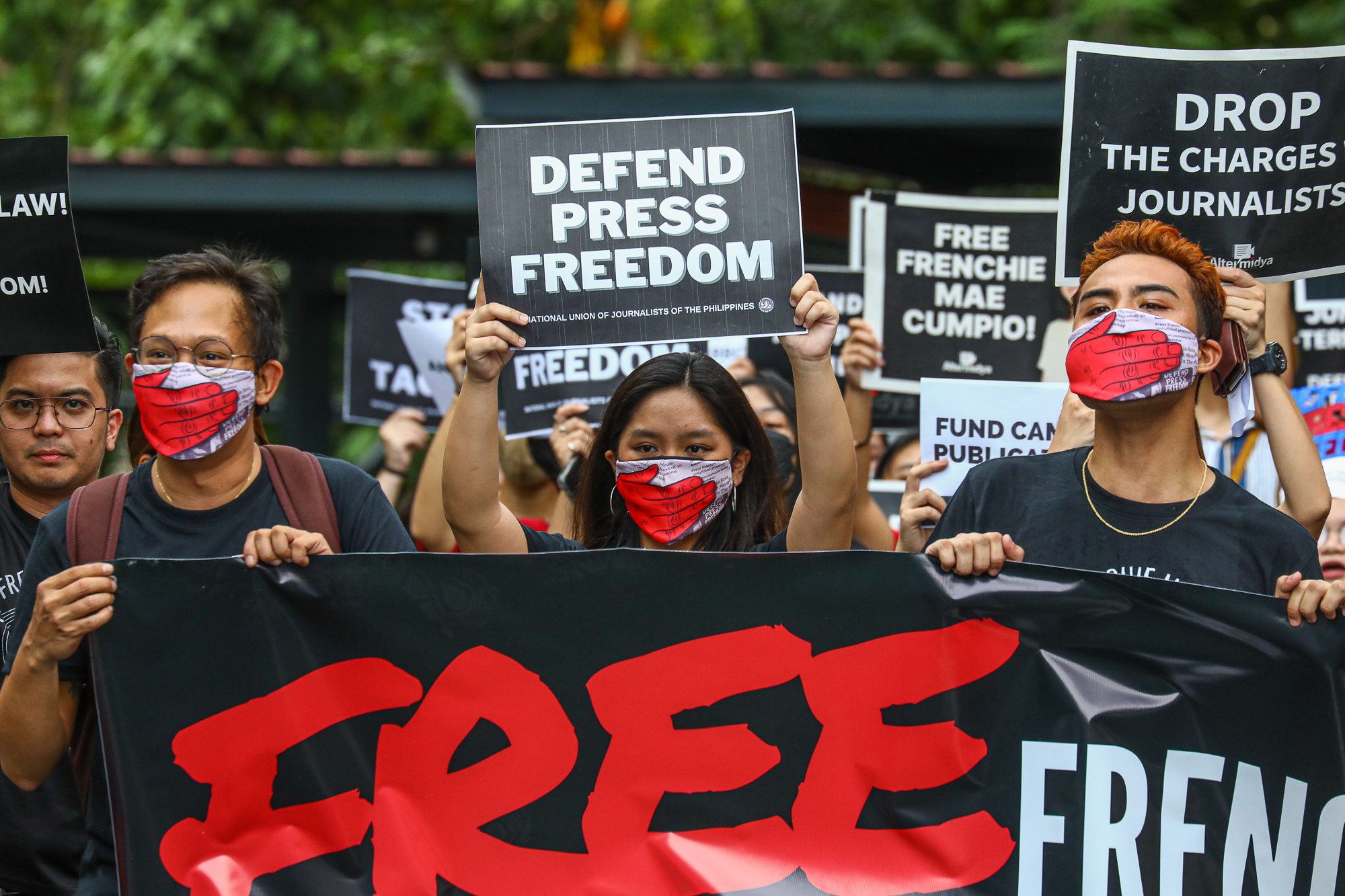
MANILA, Philippines – The Philippines slipped two places on the Reporters Without Borders’ (RSF) World Press Freedom Index for 2024, and currently ranks 134th out of 180 countries and territories.
In 2023, the Philippines hit its highest press freedom ranking in six years, when President Ferdinand “Bongbong” Marcos Jr. marked his first year in office. Marcos Jr. has been considered more “amiable” toward the press compared to his predecessor Rodrigo Duterte, who was named a “press freedom predator” by RSF.
Despite this, RSF and media watchdogs believe attacks and harassment against the Philippine press are “still worrisome” today.
In its report, RSF said that while the 1987 Constitution upholds the freedom of the press, Philippine law “does not protect journalistic freedom in practice.” Rappler CEO and Nobel laureate Maria Ressa was acquitted of tax evasion charges in 2023, but still faces a pending cyber libel case. Altermidya correspondent Frenchie Mae Cumpio recently marked four years in jail after she was arrested over alleged illegal possession of firearms in 2020.
RSF also cited mainstream media ownership as a pressing issue faced by the Philippine media landscape. RSF attributed the “greater levels of [media ownership] concentration” in the country to the “closer ties between media-owning families and political barons at regional and national levels.”
For instance, RSF explicitly cited the “growing influence” of House Speaker Martin Romualdez, who is also the first cousin of the President. In 2023, Romualdez’s company Prime Media Holdings Incorporated entered a joint venture deal with ABS-CBN, which led to the launch of DWPM Radyo 630. Former senator Manny Villar’s ALLTV may also emerge as new competition for industry leaders in the Philippine broadcast scene.
Media security also remains a serious concern in the Philippines. Two provincial radio broadcasters, Cresenciano Aldovino Bunduquin and Juan Jumalon, were killed in separate attacks in 2023. Philippine government officials also claimed not all media killings had a direct link to the state of Philippine press freedom, as some of these cases involved personal issues.
Beyond killings, media outlets continued to face digital harassment, including DDoS (distributed denial of service) and hacking attacks.
CNN Philippines, the only predominantly English-language channel on free TV in the country, also abruptly shut down in January 2024 following mounting financial losses. The network’s website and social media accounts were also completely erased after the shutdown, leaving no trace of its previously published stories and content.
‘Dictatorial governments’ suppress press freedom in the Asia-Pacific
RSF said the overall press freedom situation in the Asia-Pacific region worsened in 2024, as “dictatorial governments have been tightening their hold” over news and information in their respective states.
Afghanistan plunged 26 places in the World Press Freedom Index, and currently ranks 178th following the deaths of three journalists and the detention of at least 25 journalists. Authoritarian states such as North Korea (ranked 177th) and China (ranked 172nd) remain in the lowest range of the index, with “very serious situations” for the press. Myanmar (ranked 171st) and Vietnam (ranked 174th) are the world’s second and fourth biggest jailers of journalists, respectively.
RSF also said violence against journalists increased in Asia-Pacific countries that held elections early in 2024. These included three murders in Bangladesh (ranked 165th), arbitrary detentions and enforced disappearances in Pakistan (ranked 152nd), and physical and online attacks in Indonesia (ranked 111th).
Despite receiving higher ranks in the 2024 index, countries like India (ranked 159th) and Hong Kong (ranked 135th) recently adopted more “draconian laws” that watchdogs say could stifle press freedom.
Not a single country from the Asia-Pacific region made it to the top 15 countries in RSF’s 2024 index. New Zealand, which remains the region’s leader in terms of press freedom rankings, currently ranks 19th after falling six places.
Governments worldwide fail to protect journalists
Across the globe, RSF found a “worrying decline in support and respect for media autonomy” as well as an “increase in pressure from the state or other political actors.”
Escalations between Israel and Hamas following the October 7 attack led to the “deadliest period for journalists” in over 30 years, since the Committee to Protect Journalists began gathering data in 1992. Journalists killed in the war on Gaza were mostly Palestinian. Palestine slipped one place on the RSF index, and currently ranks 157th overall, but it now ranks among the last 10 states when it comes to security for journalists.
RSF also dubbed 2024 a “super election year,” and stressed that governments ramped up disinformation efforts and “control over social media and the internet.” RSF cited the use of generative AI and deepfakes in influencing public opinion for election-related and other political purposes in the previous year.
For instance, Slovak journalist Monika Tódová was targeted by an AI-generated audio deepfake that exploited rampant pro-Russia disinformation in the country, just two days before Slovakia’s parliamentary elections in September 2023.
RSF also found that political groups are often involved in disseminating or even instigating disinformation campaigns in their respective states.
In 138 out of 180 countries and territories, the majority of the questionnaire respondents reported that political actors were often involved in such disinformation or propaganda campaigns. In 31 countries, political involvement in disinformation and propaganda was also described as “systematic.” – Rappler.com
Add a comment
How does this make you feel?


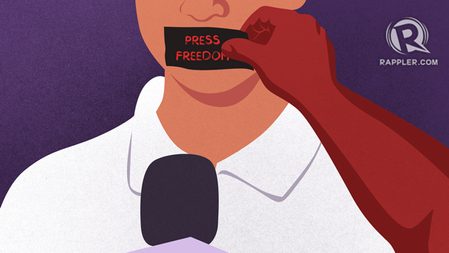
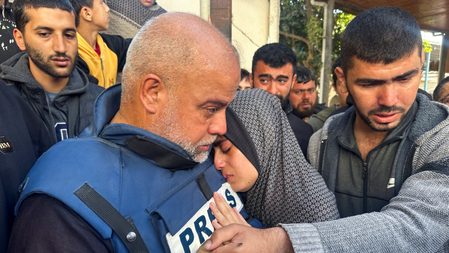
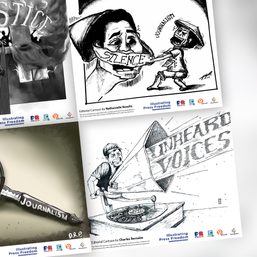
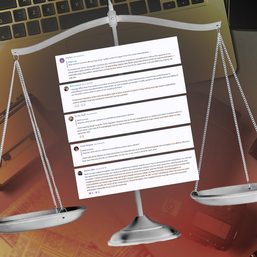
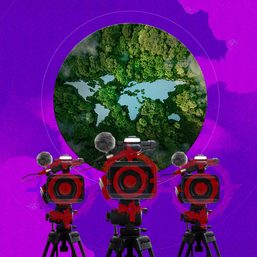
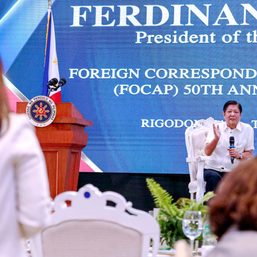
There are no comments yet. Add your comment to start the conversation.